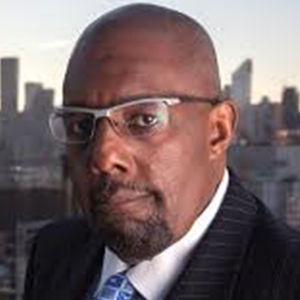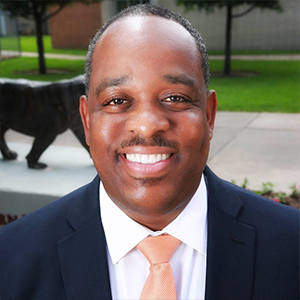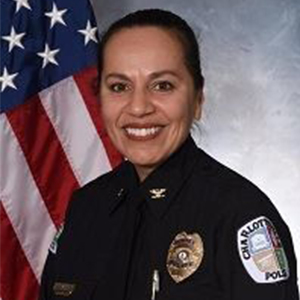Contact Us
To provide feedback on the Community Policing Dispatch, e-mail the editorial board at CPDispatch@usdoj.gov.
To obtain details on COPS Office programs, publications, and resources, contact the COPS Office Response Center at 800-421-6770 or AskCopsRC@usdoj.gov

U.S. Department of Justice
Office of Community Oriented Policing Services
Washington, DC 20530
The death of George Floyd last year brought about a new focus on issues related to policing African American communities and ushered in a discourse on American policing unlike any in our recent history. Protests and unity marches took place across the globe, and new voices emerged. The initial shock eventually gave way to a chorus of perspectives from within and outside of the law enforcement community about how to collectively ensure that such a tragic and divisive incident never again occurs, and how to create a future that protects and serves everyone equally. The voices of community leaders, law enforcement executives, civil rights proponents, police unions, patrol officers, and many others were raised as America considered what we saw, and what it meant to us individually and collectively.
However, there is one group of voices that are often unheard in the aftermath of such issues, but are uniquely positioned to provide meaningful insight. Approximately 58,000 African American officers work in U.S. law enforcement agencies, according to a 2013 Law Enforcement Management and Administrative Statistics (LEMAS) report published by the Bureau of Justice Statistics—and yet, the perspectives of these officers and countless other African Americans professionally engaged in law enforcement are seldom authentically shared.
This month, the COPS Office podcast series The Beat is pleased to feature a sampling of these voices and the unique perspectives they represent:

Matthew Horace began his 28-year career with a local law enforcement agency and concluded it as the Special Agent In-Charge of an Alcohol Tobacco Firearms and Explosives (ATF) Field Office. He is the author of The Black and the Blue, a book that details his experiences serving as an African American officer and special agent in a work environment that was often unaware of, or insensitive to, its own biases. He joins The Beat to share his experiences and discuss how law enforcement can move beyond an all too frequent disconnect with the communities most in need of effective policing.

The Center for Justice Research
is housed at Texas Southern University in Houston, one of our nation’s Historically Black Colleges and Universities (HBCU). It is a research organization devoted to data-driven solutions for an equitable criminal justice system. Howard Henderson, Ph.D., the center’s founding director, joins The Beat to discuss their focus on culturally responsive, evidence-supported solutions and strategic engagements.
Dr. RaShall M. Brackney spent 30 years with the Pittsburgh Bureau of Police before taking command of the Charlottesville Police Department in Virginia. She arrived in Charlottesville shortly after the Unite the Right rally in the summer of 2017. Her charge: Help move a traumatized community past the experience of being invaded by hate. Chief Brackney shares her thoughts, as a leader and African American law enforcement professional, on unifying a diverse community, post-hate.
Subscribe to Email Updates
To sign up for monthly updates or to access your subscriber preferences, please enter your email address in the Subscribe box.






